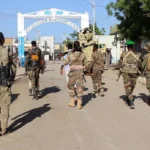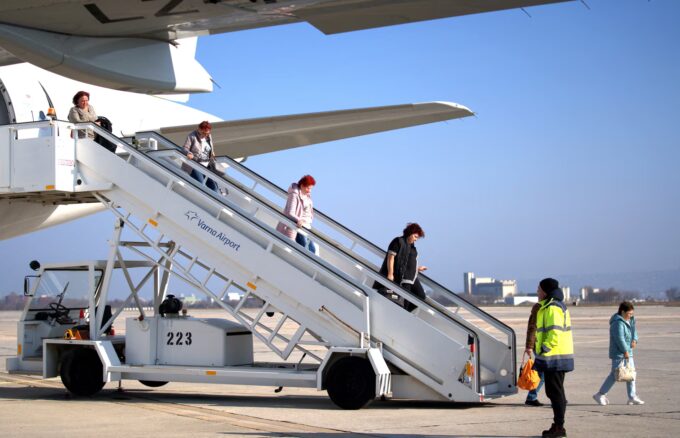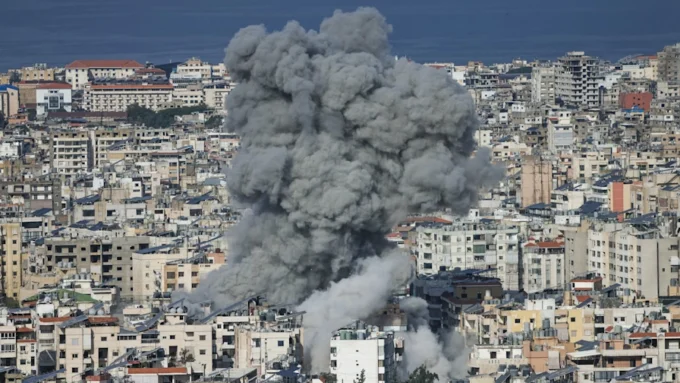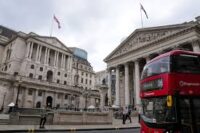Zimbabwe’s economic experiment with the Zimbabwe Gold (ZiG), introduced just a year ago, is facing mounting skepticism as both businesses and consumers continue to favor the US dollar. Despite being backed by gold and foreign reserves, the ZiG has seen its value halved, reflecting a deepening crisis of confidence in the local currency and renewed concerns about Zimbabwe’s financial stability.
The ZiG, Zimbabwe’s sixth attempt at establishing a national currency since 2009, was launched by President Emmerson Mnangagwa’s administration in a bid to end the country’s chronic dependence on foreign currency. Designed as a gold-backed currency with support from the country’s foreign reserves, the ZiG was intended to instill monetary discipline, control inflation, and restore economic sovereignty. But one year later, those hopes appear increasingly out of reach.
On paper, the currency seemed like a bold solution: anchoring the ZiG to tangible assets like gold was meant to reassure the public and attract investment. However, in practice, trust in the central bank remains low, especially after years of currency failures, hyperinflation, and policy inconsistency. Zimbabweans remember all too well the economic chaos of the 2000s, when the Zimbabwean dollar collapsed entirely, giving way to full dollarisation.
Today, although the ZiG remains legal tender, both formal businesses and informal traders continue to transact primarily in US dollars. Supermarkets, transport operators, and service providers prefer the dollar, and even government institutions are reported to accept and process payments in foreign currency more readily than in ZiG.
Economic uncertainty has further been compounded by a growing exodus of South African companies operating in Zimbabwe. Faced with a volatile currency market, reduced consumer spending, and growing difficulty in repatriating profits, several South African firms have begun scaling back or shutting down their Zimbabwean operations altogether. Their withdrawal signals broader regional concern about the country’s unstable business environment.
Meanwhile, inflation continues to erode the purchasing power of the average Zimbabwean. While the government insists that the ZiG is a long-term solution and points to gold reserves as a safeguard, the rapid depreciation of the currency and persistent price hikes have deepened public distrust. Many citizens view the ZiG as just another failed experiment, and fears of hyperinflation resurfacing are beginning to take hold.
President Mnangagwa and the Reserve Bank of Zimbabwe have maintained that reforms are underway to support the currency, including tighter fiscal policies and increased mining revenues to back the ZiG. But critics argue that without deeper structural reforms, including restoring public trust, addressing corruption, ensuring policy consistency, and creating a more investor-friendly environment, no currency, gold-backed or otherwise, will be sustainable.
The future of the ZiG now hangs in the balance. With the local currency steadily losing ground and the US dollar increasingly dominating economic life, Zimbabwe finds itself at a critical crossroads. The government’s next steps will determine whether the ZiG can be salvaged or if it will join the long list of abandoned monetary experiments in the country’s turbulent financial history.
As regional investors grow wary and local businesses demand more stability, Mnangagwa’s administration is facing mounting pressure to deliver results, not just promises. The question now is whether the Zimbabwean government can turn its gold gamble into a credible economic plan, or whether the ZiG will become yet another symbol of Zimbabwe’s long and troubled monetary saga.













Leave a comment